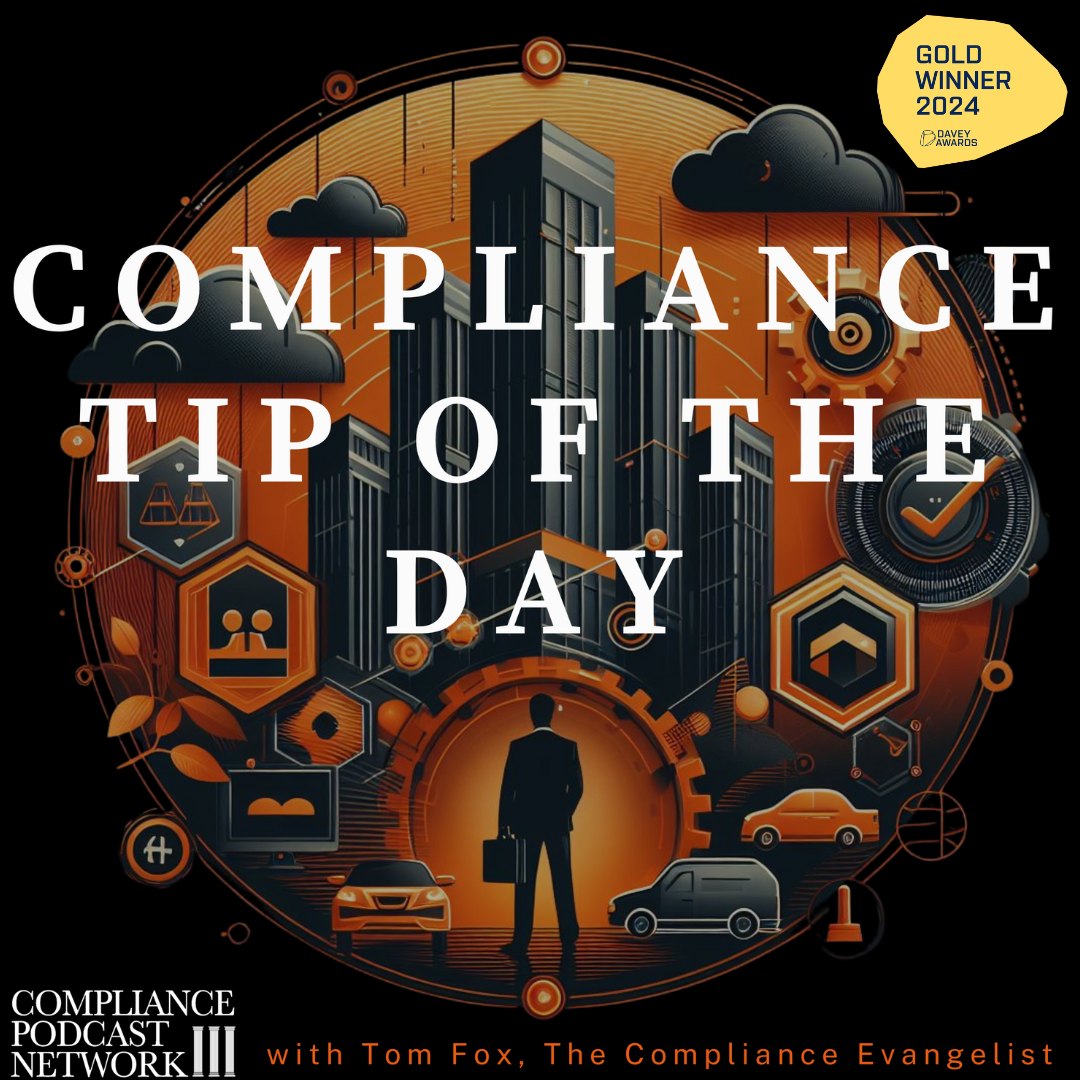Welcome to “Compliance Tip of the Day,” the podcast where we bring you daily insights and practical advice on navigating the ever-evolving landscape of compliance and regulatory requirements. Whether you’re a seasoned compliance professional or just starting your journey, we aim to provide bite-sized, actionable tips to help you stay on top of your compliance game. Join us as we explore the latest industry trends, share best practices, and demystify complex compliance issues to keep your organization on the right side of the law. Tune in daily for your dose of compliance wisdom, and let’s make compliance a little less daunting, one tip at a time.
Today, we continue our week-long series on key anti-corruption policies. In this episode, we review policies on facilitation payments.
For more information on the Ethico Toolkit for Middle Managers, available at no charge, click here.
Check out the full 3-book series, The Compliance Kids, on Amazon.com.





